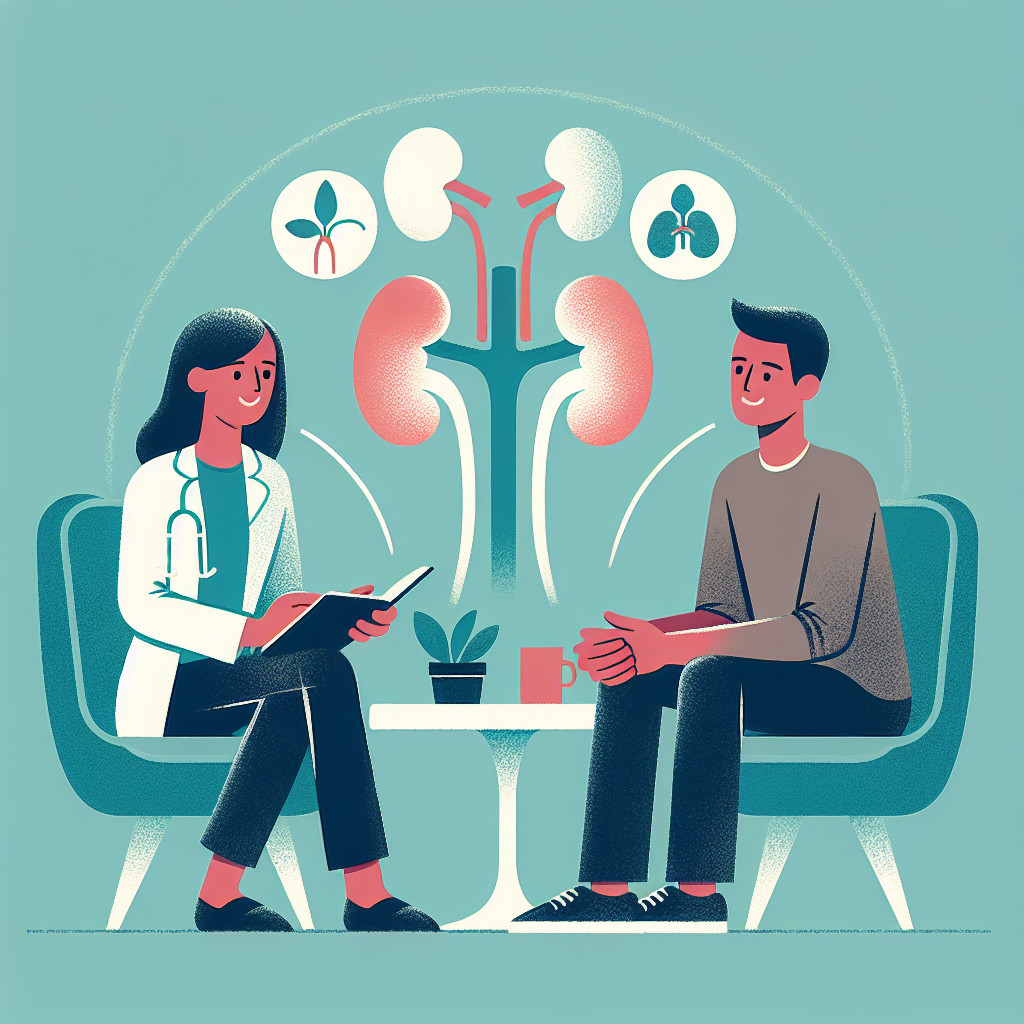Best Practices for a Smooth Organ Transplant Recovery

Overview
Organ transplant surgery is a life-changing procedure that can offer a second chance to individuals with failing organs. The basics of this process are straightforward: a healthy organ from a donor is placed into a recipient whose organ can no longer function properly. This can include kidneys, livers, hearts, and more. The goal is to restore health and improve quality of life. Yet, the journey doesn’t end with the surgery; recovery is a crucial phase that requires attention and care.
One of the significant benefits of organ transplantation is the potential for a new lease on life. Many recipients report feeling healthier and more active after recovery. However, it’s essential to understand that transplantation comes with limitations and risks. The body may reject the new organ, and recipients must take medications to help prevent this. These medications can have side effects and require careful management, which can be a concern for many.
Common worries people have about organ transplants often revolve around the recovery process. How long will it take? What can I expect? Generally, recovery varies from person to person, depending on several factors, including the type of organ transplanted and the individual’s health prior to the surgery. Most people stay in the hospital for a few days to a week, depending on their progress. After discharge, many recipients need to follow up regularly with their healthcare team to monitor their recovery.
Day-to-day life after an organ transplant can change significantly. Initially, recipients may feel fatigued and need to take it easy. It’s crucial to listen to your body and gradually increase activity levels as you feel stronger. Eating a balanced diet, staying hydrated, and avoiding infections are also important aspects of recovery. Regular check-ups become a part of life, as they help ensure the new organ is functioning well and that any potential issues are caught early.
Costs associated with organ transplantation can be a concern for many. The procedure itself can be expensive, but it’s important to know that many insurance plans cover a significant portion of the costs. There are also financial assistance programs available for those who qualify. It’s wise to discuss these aspects with your healthcare team and financial advisors to understand what to expect and how to navigate the financial landscape.
Access to organ transplants can vary based on several factors, including location and the availability of donors. In many regions, waiting lists for certain organs can be lengthy. If you’re considering a transplant, it’s essential to discuss your options with your healthcare provider, who can guide you through the process and help you understand your position on the waiting list.
People often have questions about what to expect during recovery. One common query is about the timeline for returning to everyday activities. Most recipients can return to light activities within a few weeks, but more strenuous tasks may take longer. Another frequent concern is about the possibility of organ rejection. While it can happen, regular monitoring and adherence to medication regimens significantly reduce this risk.
Another question many ask is about lifestyle changes after transplantation. Recipients are encouraged to maintain a healthy lifestyle, which includes not smoking, eating well, and exercising, as these habits can support overall health and help the new organ function optimally. Additionally, avoiding close contact with sick individuals and practicing good hygiene can prevent infections, which are a risk during recovery.
As recovery progresses, many recipients find it helpful to connect with support groups or communities of other transplant patients. Sharing experiences, challenges, and successes can provide emotional support and practical advice. These networks can be beneficial in navigating the ups and downs of recovery and can help foster a sense of belonging.
In closing, organ transplantation offers hope and a new beginning for many people facing serious health challenges. While the path to recovery can be complex and filled with questions, understanding the process and being proactive about health can make a significant difference. It’s essential to communicate openly with your healthcare team, follow their guidance, and seek support from loved ones or peers. This journey is not just about the surgery itself but about embracing a new chapter in life, filled with possibilities for health and happiness.